Blog
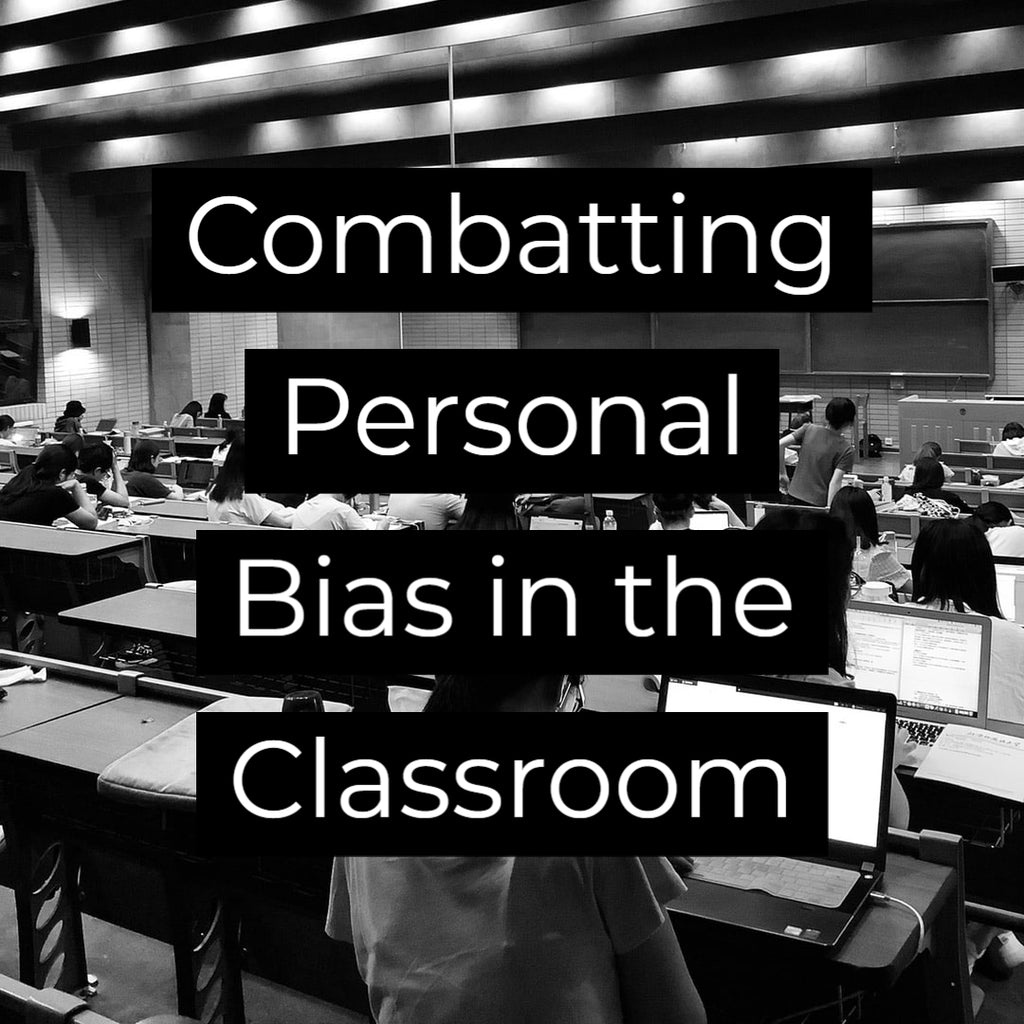
Combatting Personal Bias in the Classroom
Listen Humans have a natural tendency to want to group themselves with other people who are similar. It’s likely an instinct that at one point helped us survive and keep our families intact. Now, however, the instinct can be less helpful. There are many ways we separate ourselves including race,...
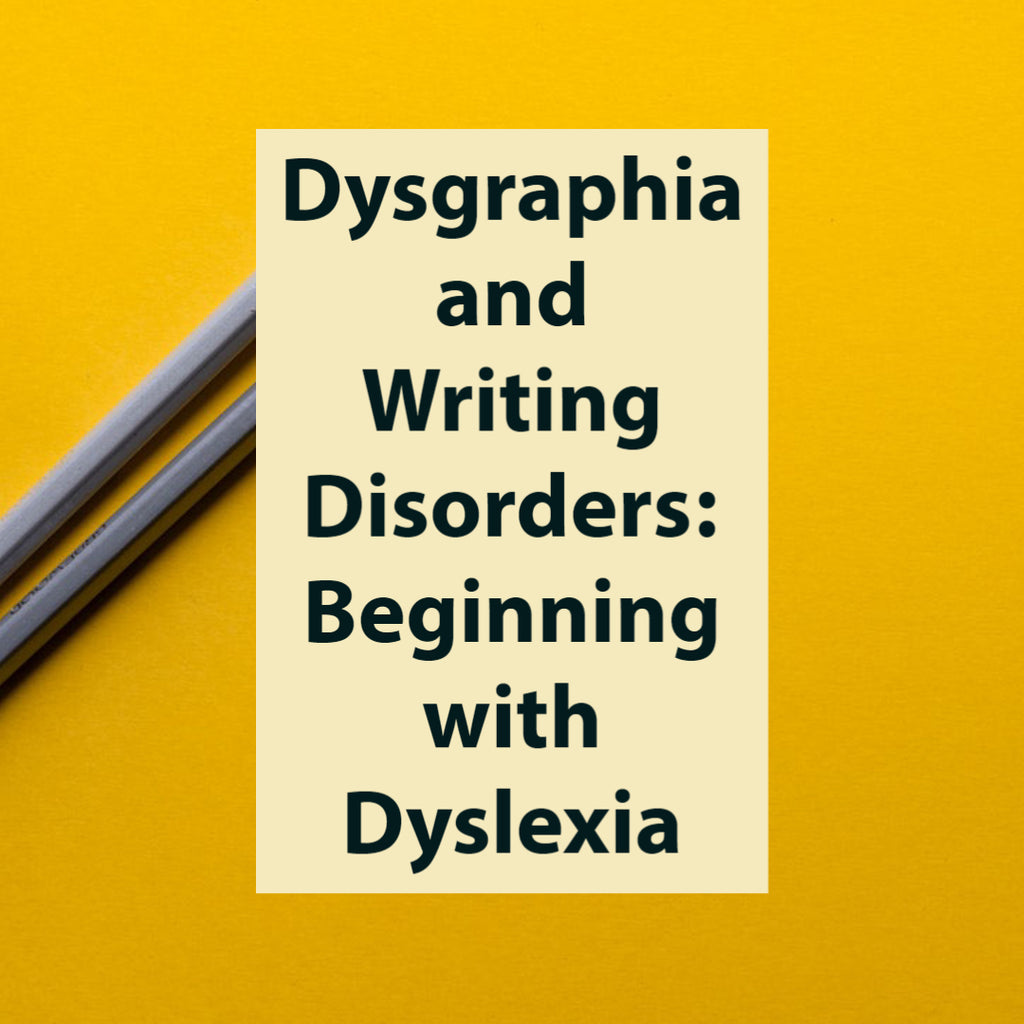
Dysgraphia and Writing Disorders: Beginning with Dyslexia
Listen The first cases of dyslexia were written about in the 1880s, around the time both Samuel Orton and Anna Gillingham were both born. In the 1920s, the two had started working toward what is now known as the Orton-Gillingham approach, which laid the foundation for educating students with dyslexia...
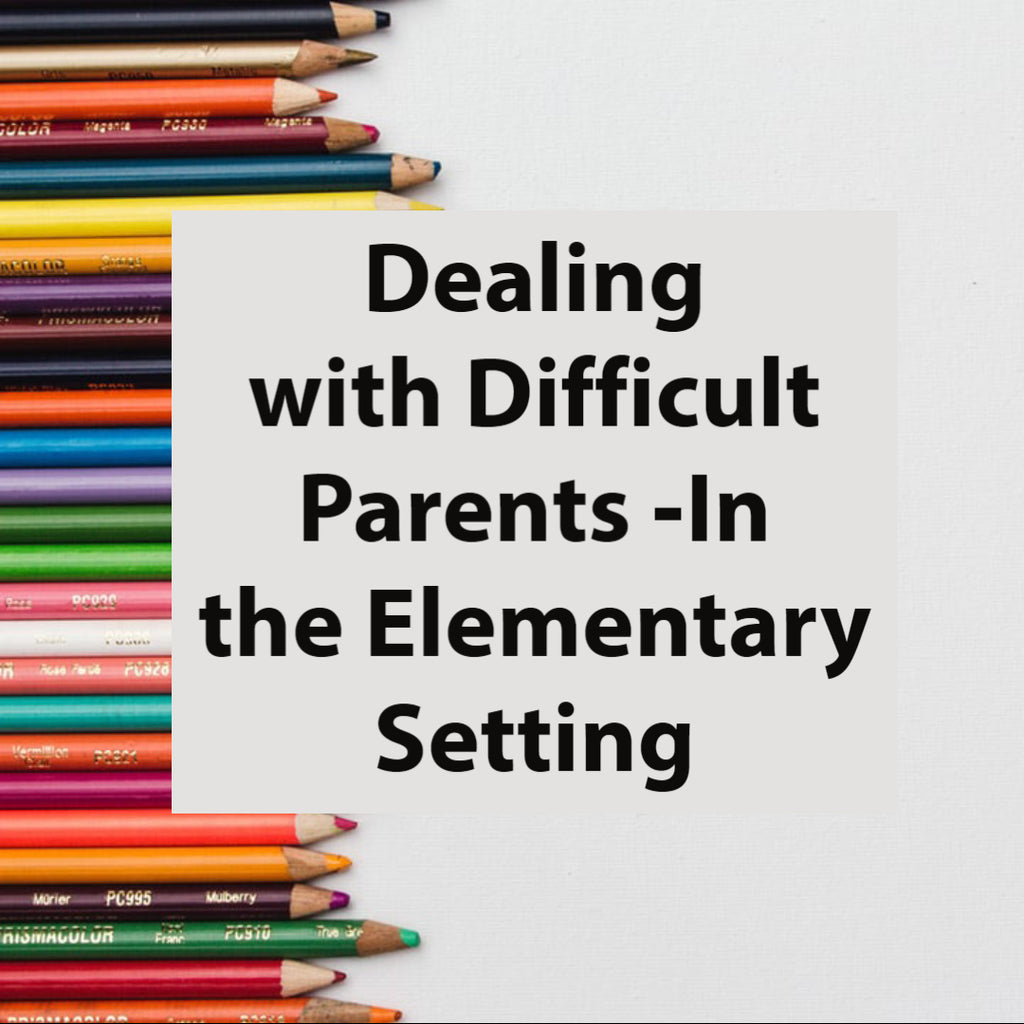
Dealing with Difficult Parents -In the Elementary Setting
Listen The relationships we build with families through the school are unique and sometimes filled with complications. We tend to feel very strongly about our students, and we wouldn’t be in the education profession if we didn’t want the best for each one of them. Yet, we often forget that...
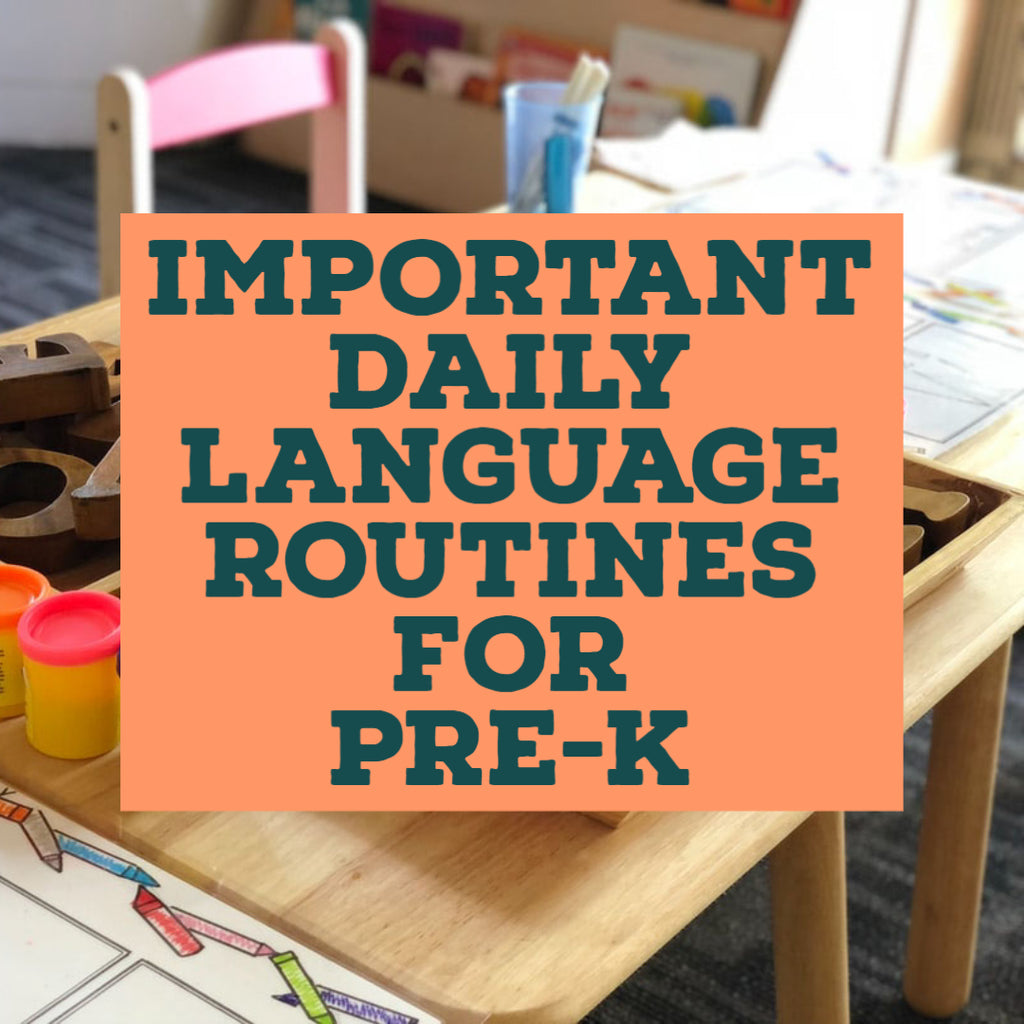
Important Daily Language Routines for Pre-K
Listen Why? You may already have many routines established in your early childhood classroom, but do you know why you’re doing each thing? It’s an important question to ask yourself (and possibly the teachers around you). Some of the traditions and routines we’ve used for years just aren’t developmentally appropriate...
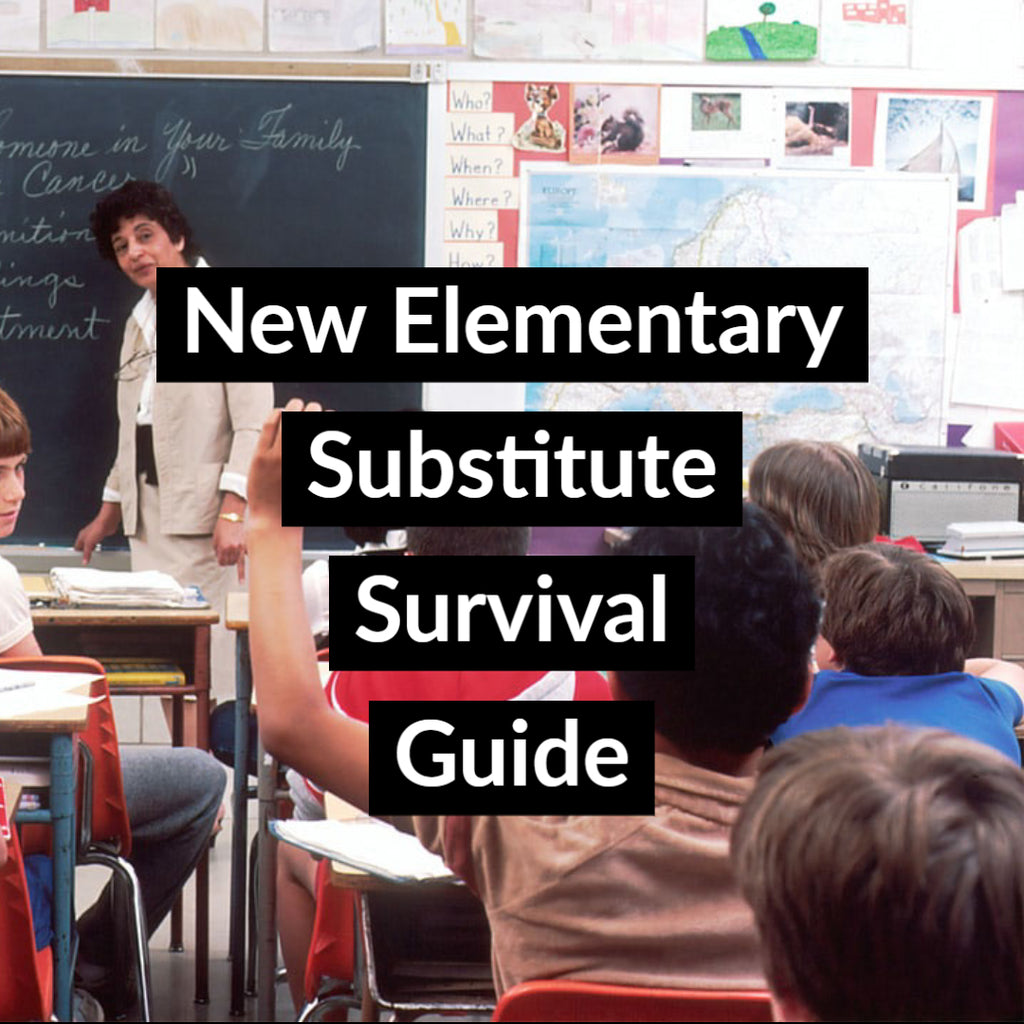
New Elementary Substitute Survival Guide
Listen Substitutes are incredibly vital members of the school district community. A good substitute is a teacher’s absolute best friend. While many teachers will leave work for the students to do and lessons for you to teach while they are gone, for the first few times you sub, they may...
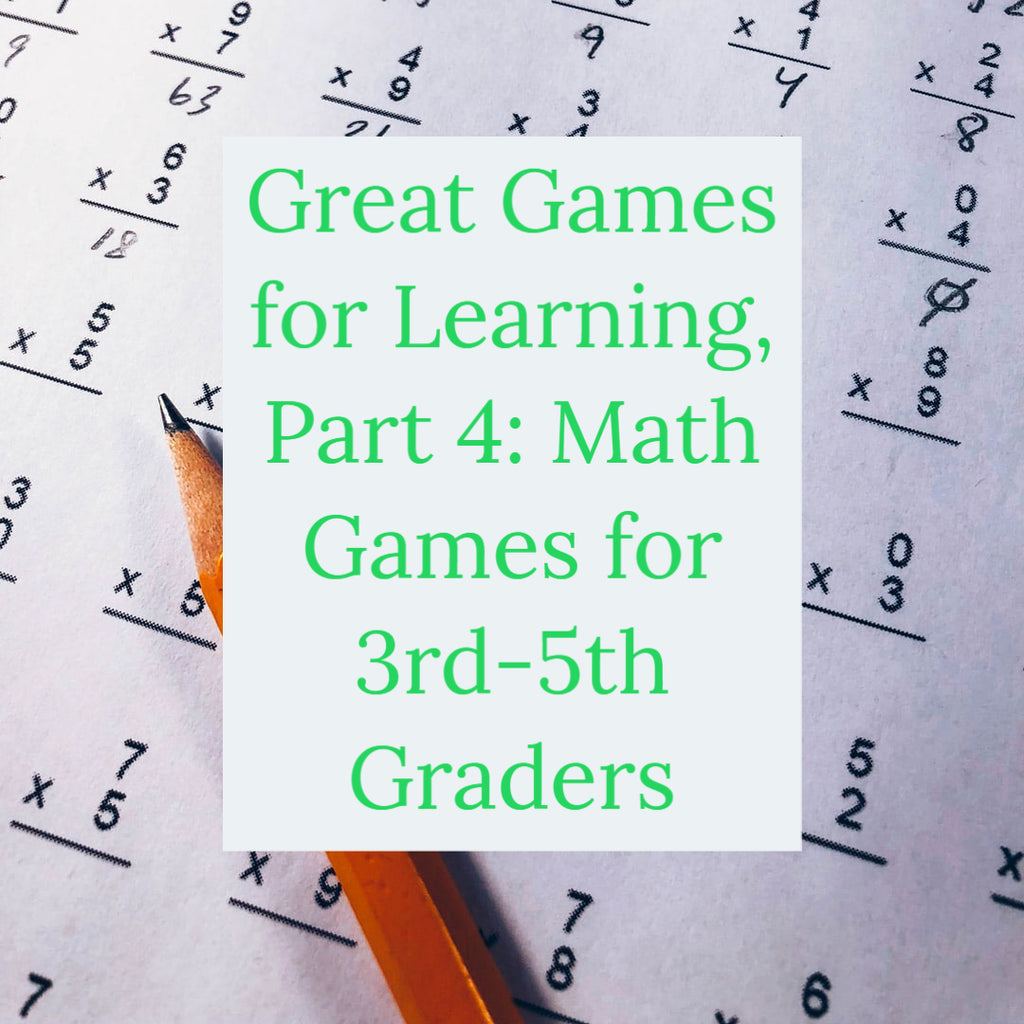
Great Games for Learning, Part 4: Math Games for 3rd-5th Graders
Listen Math is one of the best areas to use board games as practice and review for learning skills. Math just lends itself so nicely to gameplay. We’ve searched for some of our favorite board, dice, and card games that can be used for building math skills and placed them...
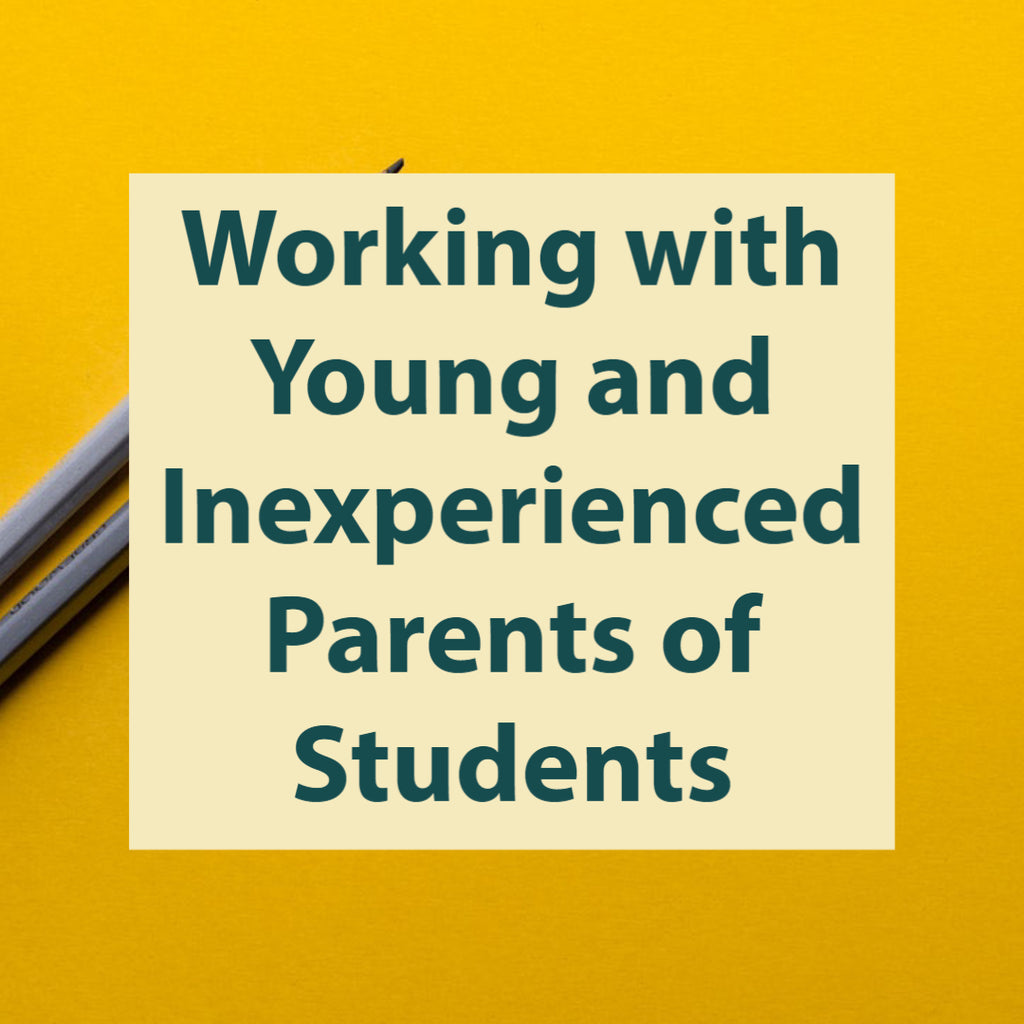
Working with Young and Inexperienced Parents of Students
Listen Parenting is a tough gig, and when working with younger children, it’s especially clear when your student is coming from a family with very young parents who have little social support. Educators are in a unique position to help young and inexperienced parents. Here are a few things we’ve...
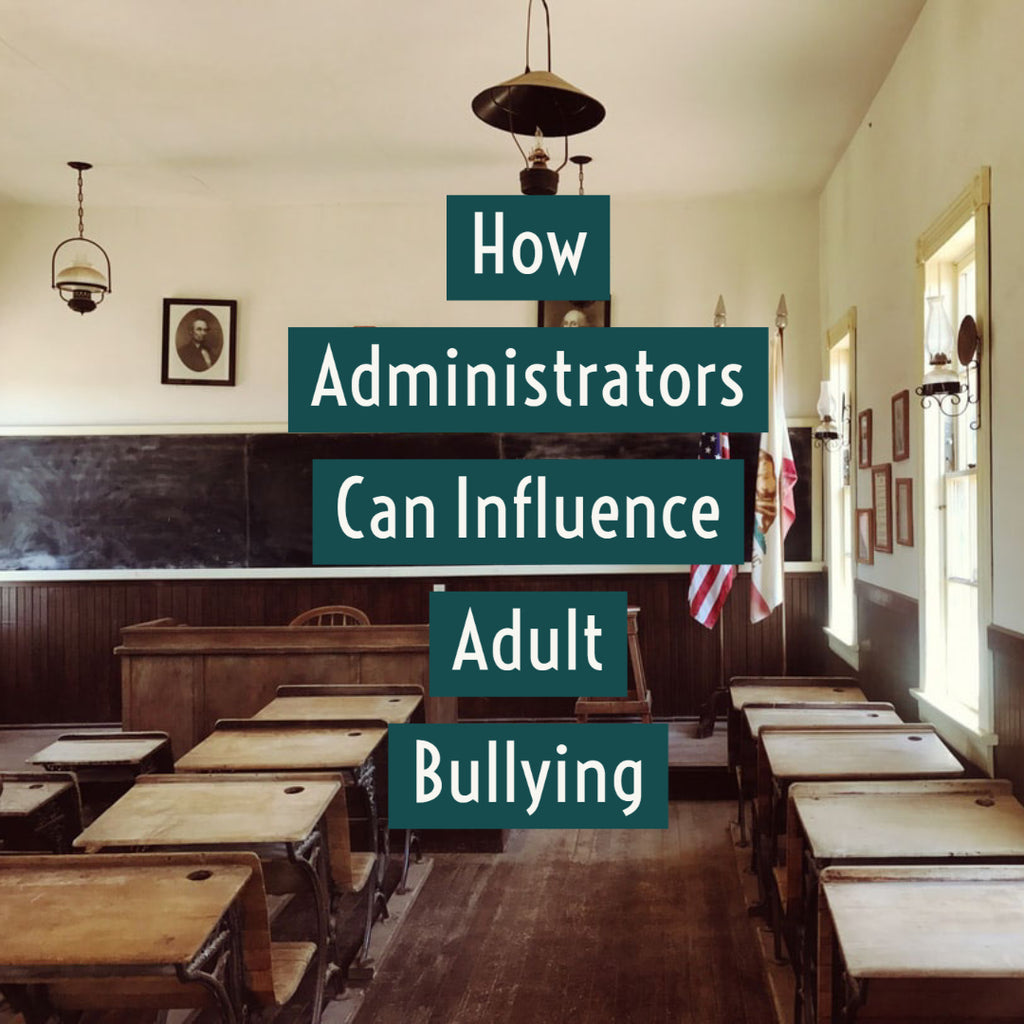
How Administrators Can Influence Adult Bullying
Listen Many of us in education grew up in a time where bullying was just seen as part of everyday life - something nearly everyone must endure as some sort of rite of passage. Unfortunately, that attitude not only puts our students at risk of being bullied by their peers,...
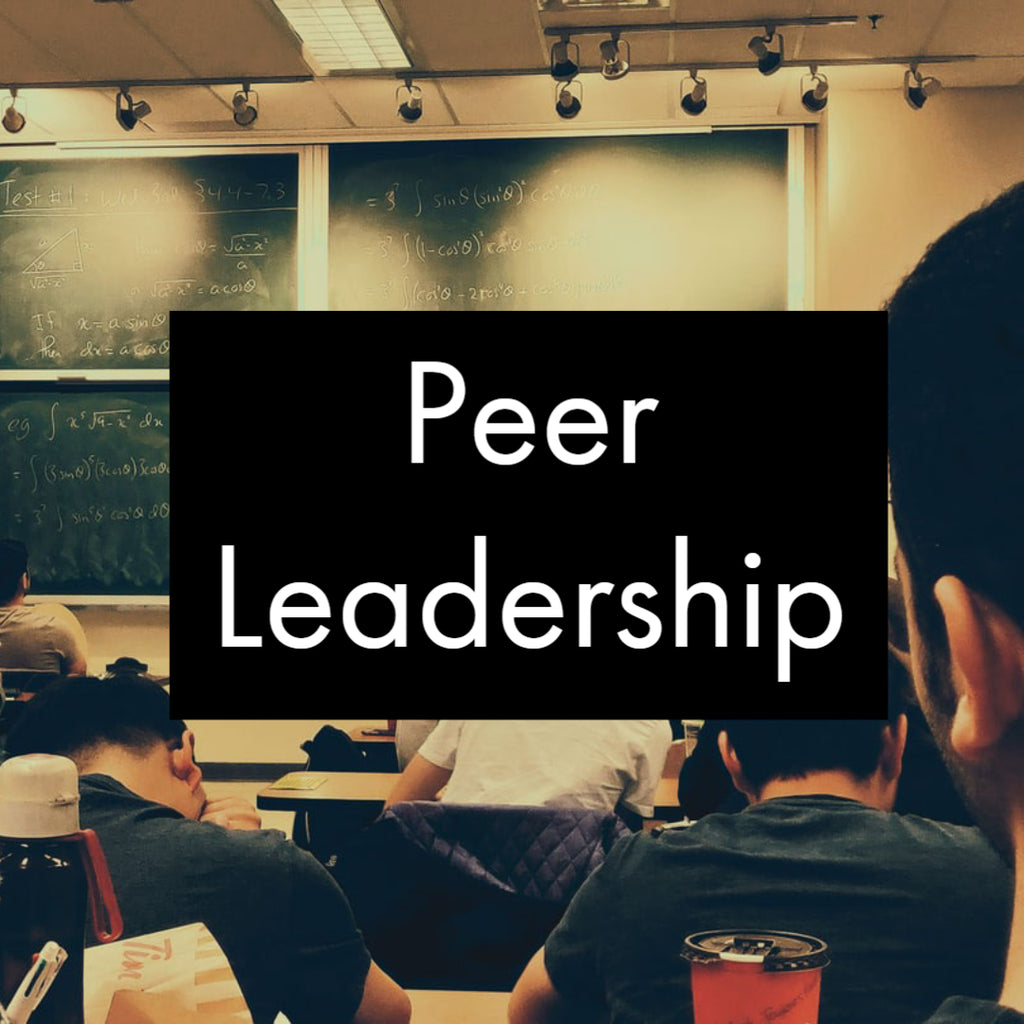
Peer Leadership
Listen Teachers are often required to participate in and lead committees, invited to lead grade level or department teams, or asked to mentor others. Unfortunately, along with the added responsibilities, there is often no real information on what they are supposed to be doing as leaders in those positions. Aside...
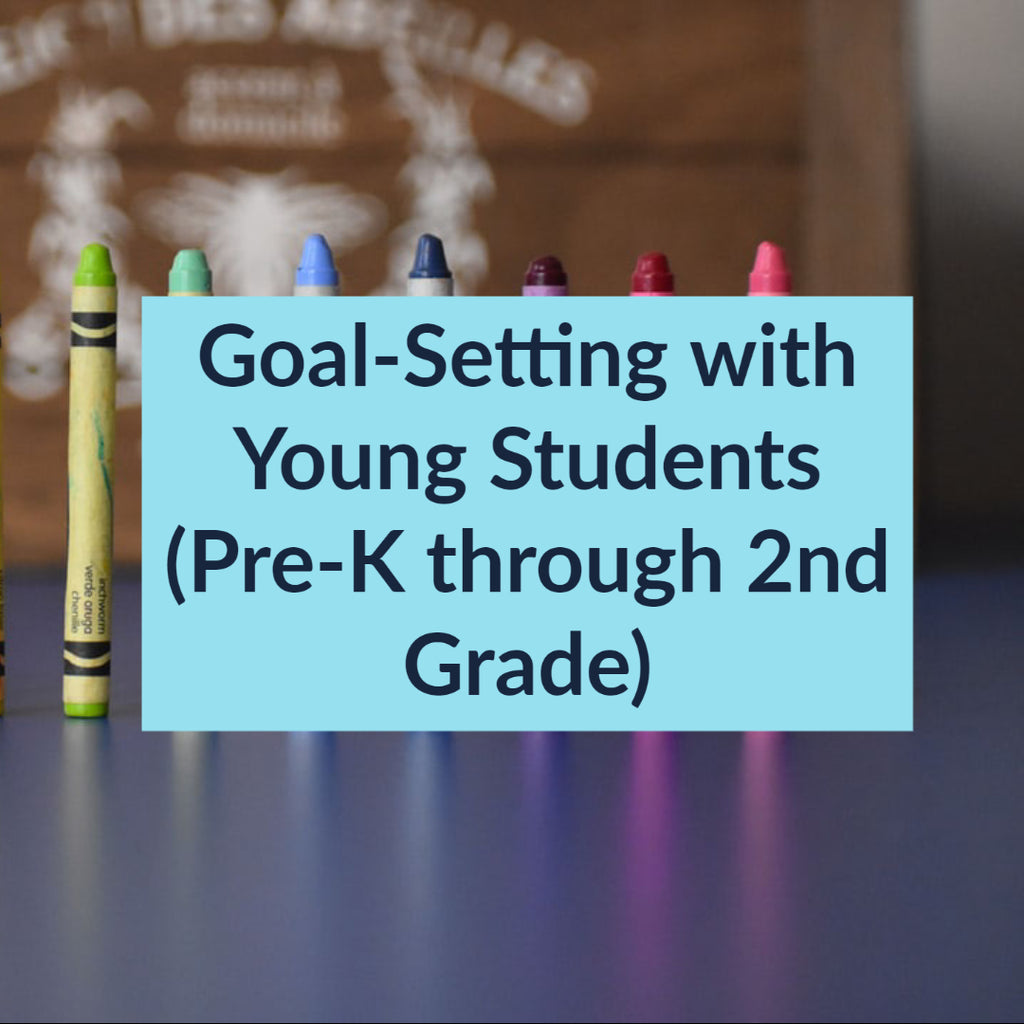
Goal-Setting with Young Students (Pre-K through 2nd Grade)
Listen Goals are like a road map. Setting and achieving goals are important life skills, and people aren’t born knowing how to do it. Many of the most successful people in the world rely on setting goals as motivation and a way to harness self-direction. Teaching children to set goals,...
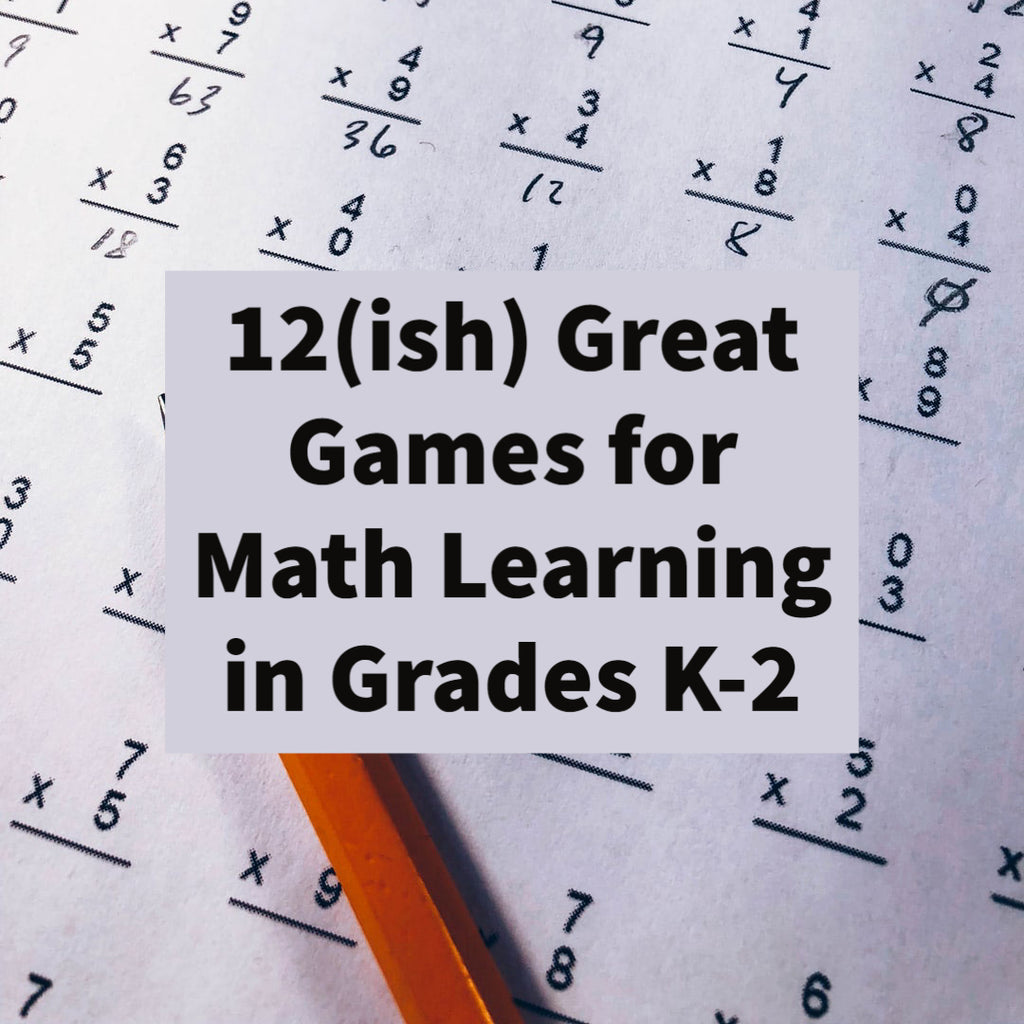
12(ish) Great Games for Math Learning in Grades K-2
Listen We love using games to reinforce learning skills! We went through our cabinets and lockers and pulled out some of our favorites for games that help kindergartners, first graders, and second graders with numeracy, addition, subtraction, and even money. So without further ado, here are a few of our...
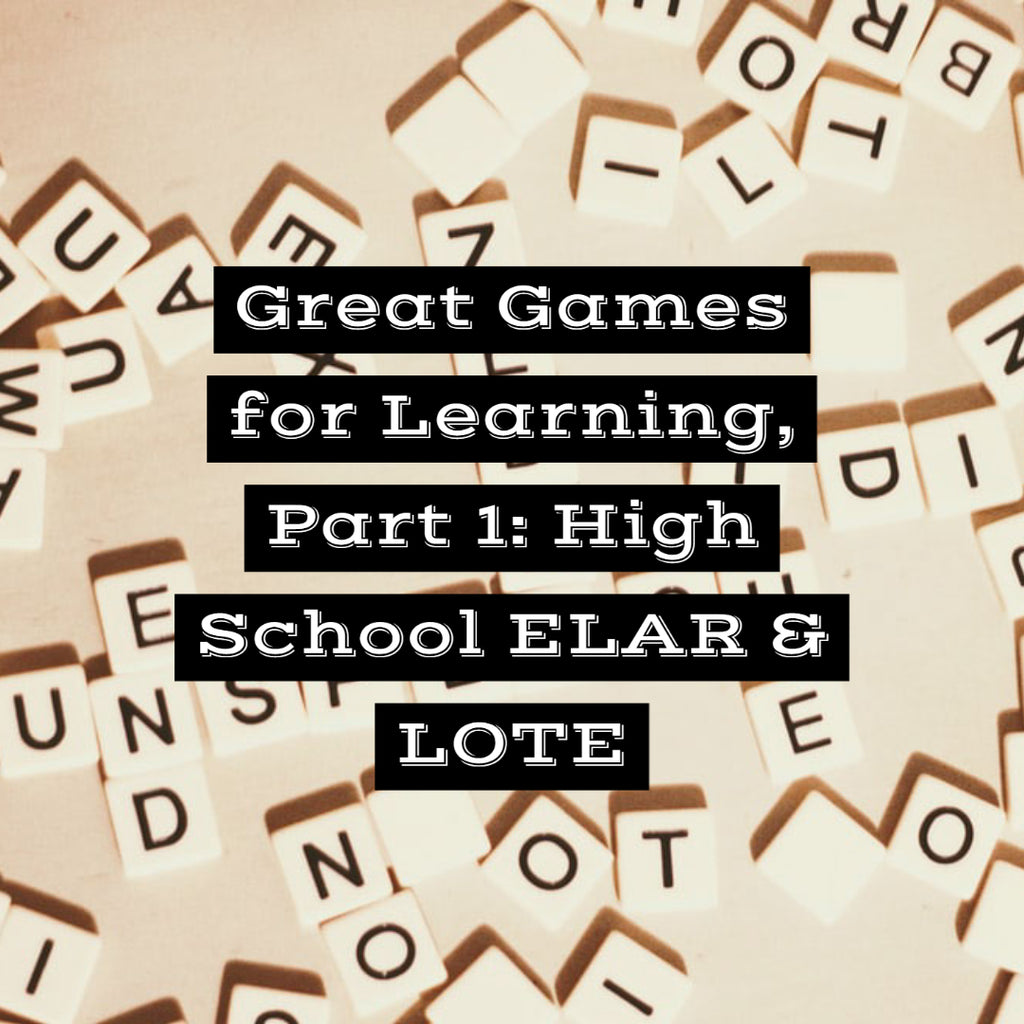
Great Games for Learning, Part 1: High School ELAR & LOTE
Listen Having fun is psychologically and neurologically beneficial to learning. When students and teachers play, the brain produces a concoction of “happy chemicals”, namely dopamine and endorphins. Oxygen levels even increase. When there is an opportunity for collaborative risk and reward, learning is far more likely. The novelty created by...







